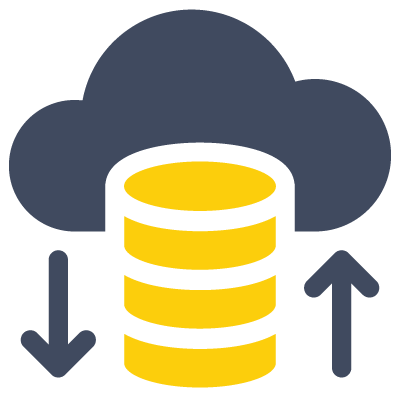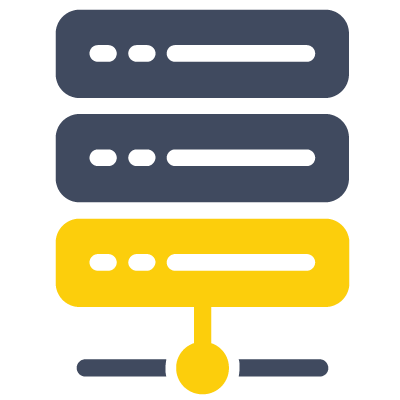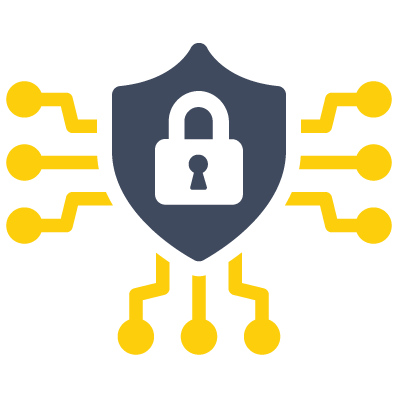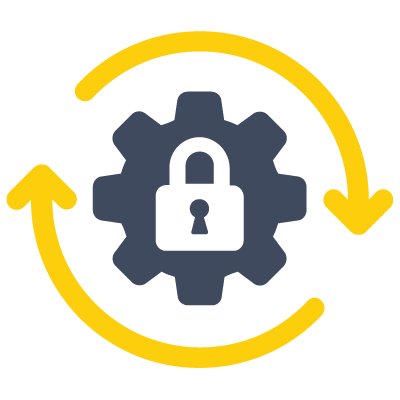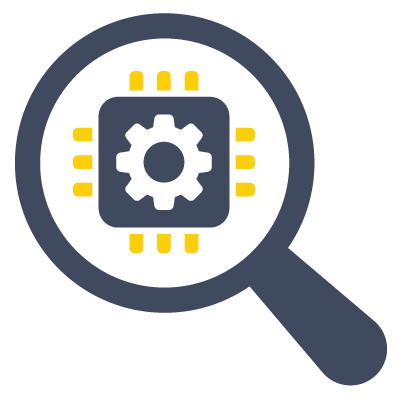Cloud computing is the delivery of computing services—such as storage, processing, and software—over the internet, allowing users to access and manage data and applications remotely without the need for local infrastructure.
Solutions
Solutions
Cloud
AI/ML
AI (Artificial Intelligence) is the simulation of human intelligence in machines, enabling them to perform tasks like problem-solving, learning, and decision-making. ML (Machine Learning) is a subset of AI that involves training algorithms to learn from data and improve their performance over time without explicit programming.
Edge Computing
Edge computing is a technology that involves processing data near the source of data generation, rather than relying on centralized cloud servers. This reduces latency, improves speed, and optimizes bandwidth for real-time applications.
Data Center
A data center is a physical facility used to store, manage, and process large amounts of data and IT infrastructure, including servers, storage systems, and networking equipment, to support business operations and applications.
Cybersecurity
Cybersecurity is the practice of protecting systems, networks, and data from digital attacks, unauthorized access, and damage. It involves measures like encryption, firewalls, and threat detection to safeguard information and maintain privacy.
Emerging Technology
Emerging technology refers to new and innovative technologies that are currently developing or will be developed in the near future, with the potential to significantly impact industries, economies, and society. Examples include AI, blockchain, and quantum computing.
DevSecOps
DevSecOps is a practice that integrates security into the DevOps process, ensuring that security is considered at every stage of software development and deployment. It emphasizes automation, collaboration, and continuous monitoring to identify and address vulnerabilities early in the development cycle.
Open Source
Open source solutions are software tools, systems, or platforms whose source code is freely available for anyone to view, use, modify, and distribute. Offerings are often provided with a paid for model around that offers additional support features. These solutions encourage collaboration and transparency, often resulting in community-driven development and innovation. They can be used to address various needs, such as content management, cybersecurity, data analytics, and more.
Zero Trust
Zero Trust is a security model that assumes no entity—whether inside or outside an organization’s network—can be trusted by default. Access is granted based on strict identity verification, least privilege principles, and continuous monitoring, minimizing the risk of breaches.

